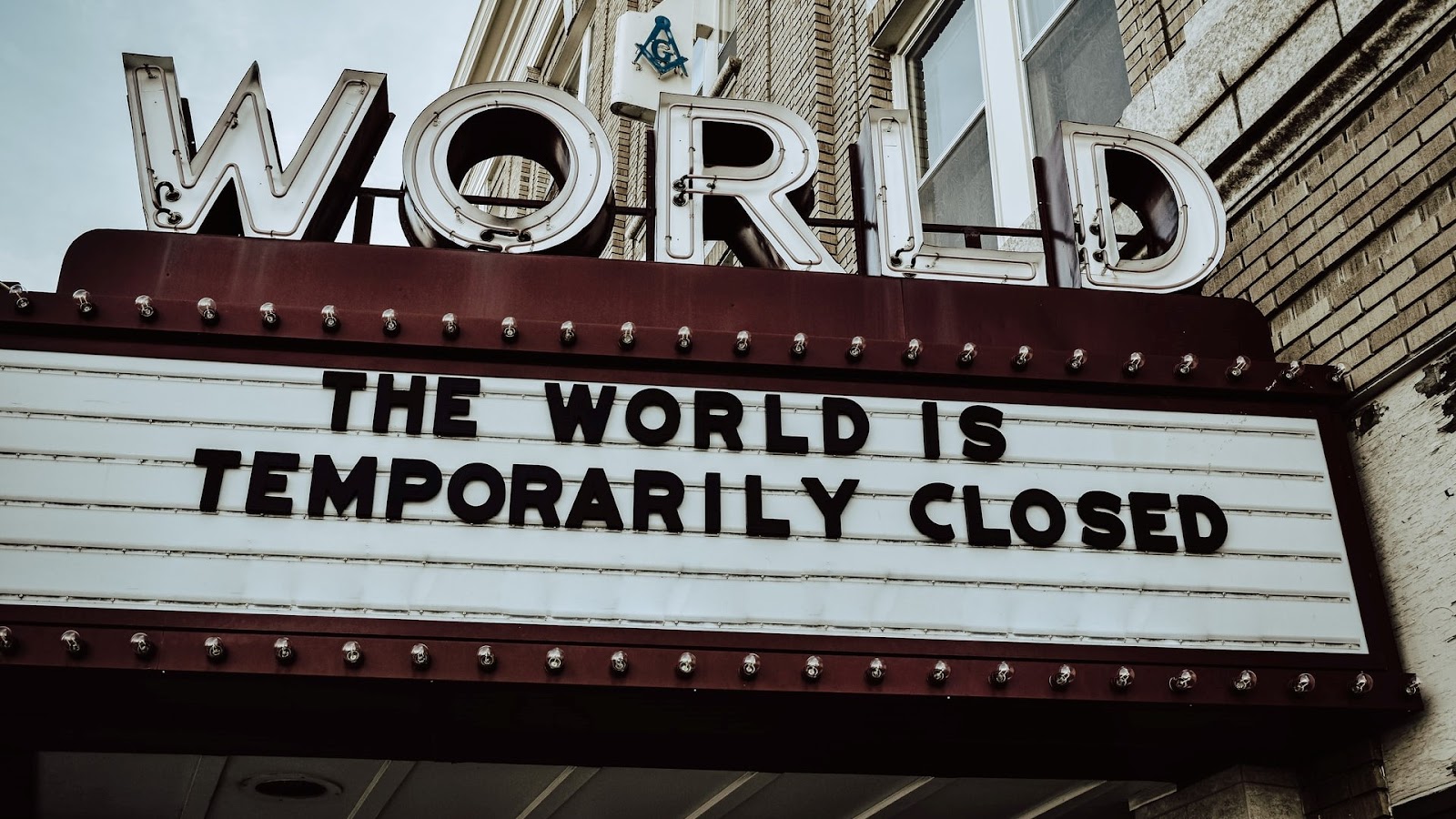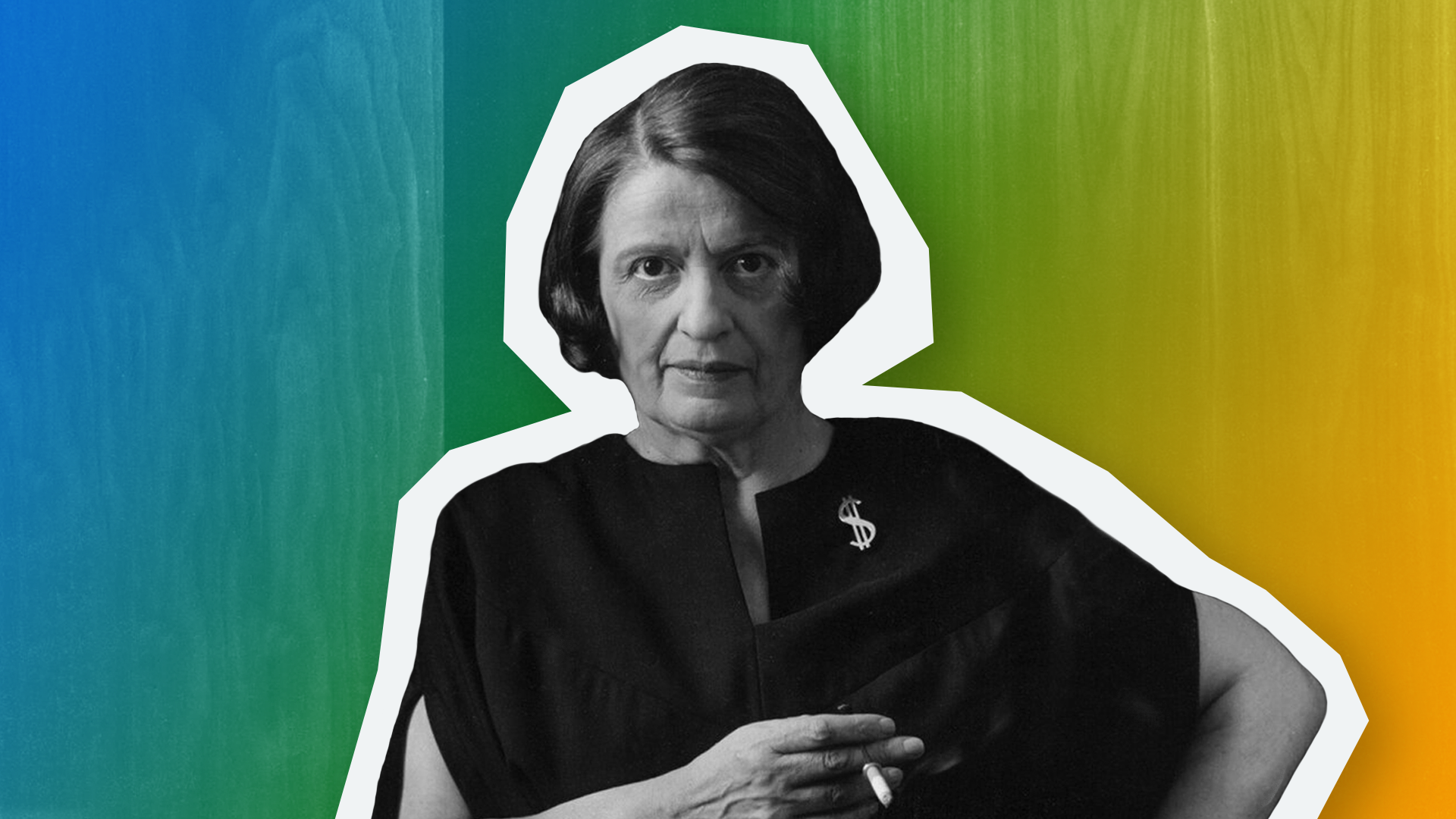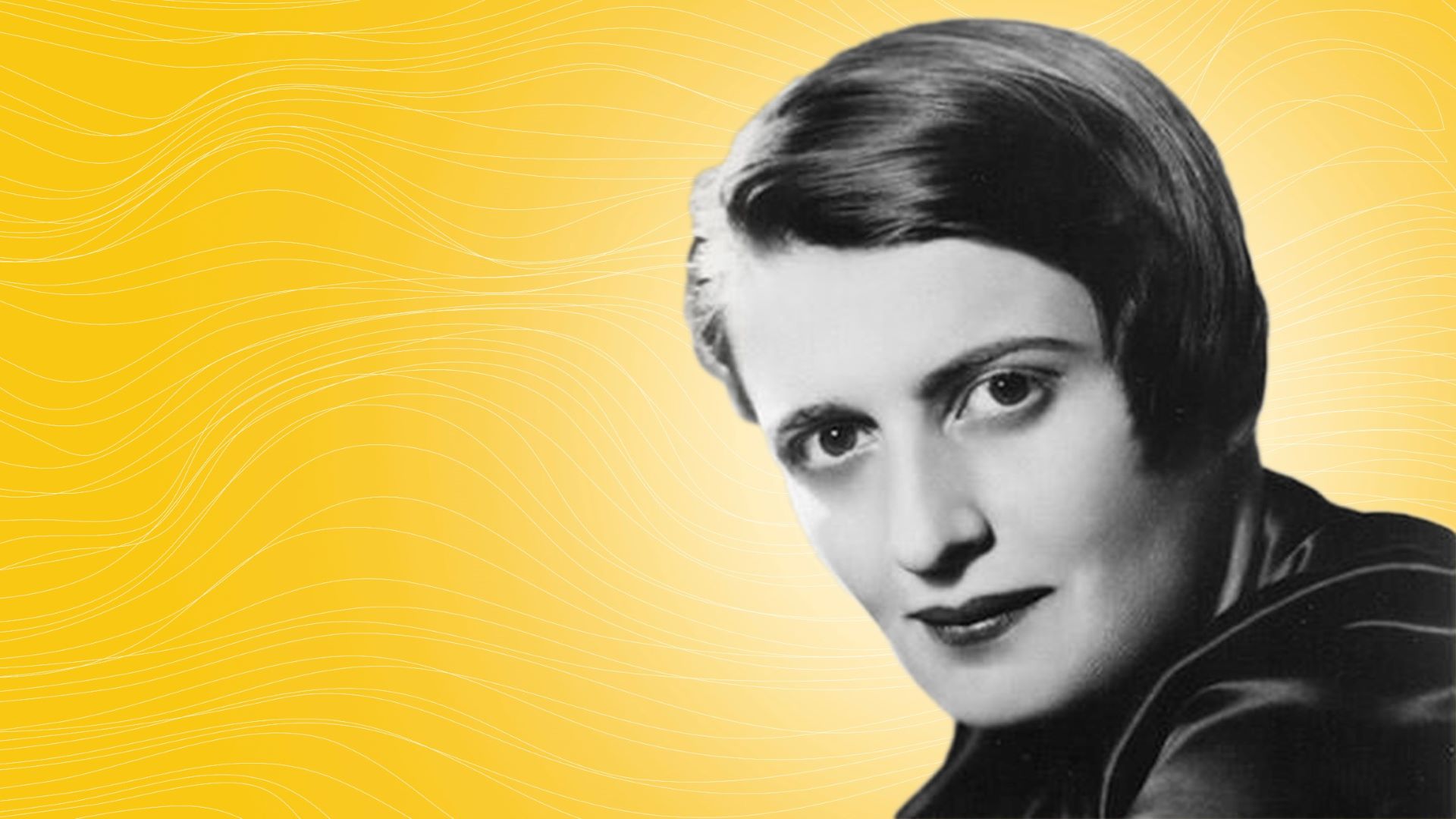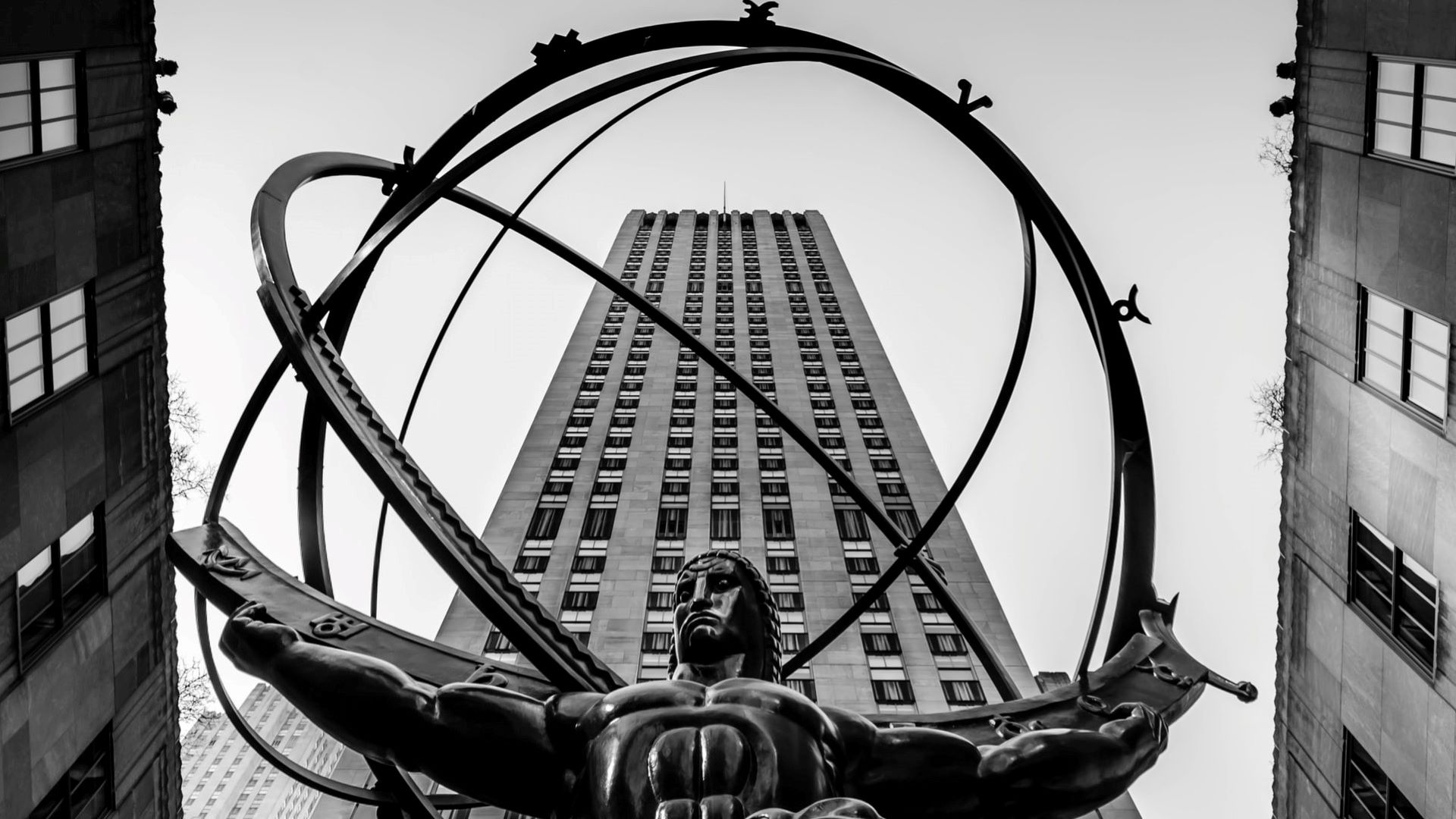Category:Ethics


Love your enemies: why human respect is the key to victory
January 24, 2024 | Post
When I was in college, my primary motivator for activism was anger. No, that doesn’t even accurately describe my mindset at the time. Fury would probably be the more correct term.
My strategy was simple; I enjoyed demonstrating the absurdity of their positions (can’t you see that all government action is theft and slavery!!!). When they disagreed, I would simply raise my volume and my indignation.
As the need for more indignant activism grew, so did my anger. But anger did more to destroy myself than to defeat my enemies.
Instead, there is a better way. One that enables the liberty movement to grow…

AI isn’t going to leave you unemployed
January 22, 2024 | Post
From automated factory assembly lines to helping you cheat on your college term paper, AI is doing things today that were barely imagined only a few short years ago. As such, you might be wondering, “is my job at risk of being taken over by robots?” or “will we all end up unemployed?”

The death penalty has no place in a civilized society
December 22, 2023 | Post
While the use of the death penalty by authoritarian regimes is not surprising, what can be said for its use in countries that claim to be free societies?
A tragic irony lies in the contradiction of a so-called free society embracing a barbaric practice that fundamentally defies the very essence of freedom — the state’s ability to make an irreversible decision on whether an individual should live or die.

Three pro-liberty perspectives on war
October 31, 2023 | Post
War, a tragic yet perennial facet of human history, has long been a subject of intense debate. Many philosophers and political thinkers have grappled with the ethical, moral, and strategic implications of war. Within this nuanced landscape, the perspectives of three influential thinkers offer a fascinating contrast…

What explains the rise of antisemitism in American colleges?
October 26, 2023 | Post
In the past week, we have witnessed a wave of antisemitism and support for terrorism spreading in American universities. But why is this the case?

AI, automation, and the future of work: Navigating, automating, and … terminating?
August 7, 2023 | Post
Welcome to a world where AI and automation helps to transform the job market in ways we never imagined, and maybe, just maybe, makes us laugh along the way (we’ll get to that part).

The COVID-19 pandemic highlights the changing role of government
March 24, 2023 | Post
Alongside economic devastation and a mental health crisis, another legacy of lockdowns will be changed perceptions of the role of government

Who was Ayn Rand?
February 27, 2023 | Post
Ayn Rand, a celebrated author and philosopher, was one of the most influential thinkers of the 20th century. Known for her bestselling novels, such as The Fountainhead and Atlas Shrugged, Rand’s ideas have had a profound impact on the fields of politics, economics, and philosophy.

The libertarian position on abortion
July 5, 2022 | Post
What is the libertarian position on abortion? The answer is not so simple. Abortion is a divisive issue in pro-liberty circles: some are staunchly pro-choice while others are staunchly pro-life. Yet, the various libertarian positions on abortion follow a similar moral logic.

Just war; unjust conscription
March 24, 2022 | Post
Coercing young and middle-aged men to fight implies that certain people’s rights are not absolute, but disposable in service of the “greater good”

What can Russians do to help Ukraine?
March 16, 2022 | Post
Already oppressed by an authoritarian regime, Russians are now made to fight and die in service to Putin’s brand of tyranny. What are their options?

What makes Ayn Rand so significant
February 28, 2022 | Post
When we think of terms such as capitalism, individualism, or selfishness, one name comes to mind: Ayn Rand. But what makes Rand so significant?

Legends of Liberty: Arlo Guthrie
November 24, 2021 | Post
Over the past 4 Thursdays, we’ve highlighted some of the most original and prolific writers in the history of economic and political thought. Ayn Rand, Frederic Bastiat, Thomas Sowell, and Lysander Spooner inspired us all and helped lay the foundation for the modern liberty movement. But today is not an ordinary Thursday. In the United […]

Objectivism: a philosophical defense of liberty
October 22, 2021 | Post
To make a coherent defense of liberty, it is important not to neglect the philosophical and moral considerations that underpin our individual rights.

Atlas Shrugged: a masterpiece with a lasting impact
October 10, 2021 | Post
Since its publication in 1957, Ayn Rand’s Atlas Shrugged continues to have a lasting impact and remains a cornerstone of pro-liberty literature

Is It Unfair to Pay CEOs Billions? Q&A with Prof. Howie Baetjer
January 29, 2018 | Video
Is it fair that CEOs get paid millions—even billions—while there are so many people still in poverty? Well, it depends! Watch the second entry in our question and answer series with Prof. Howie Baetjer.

“There Will Be Blood” — The Ethics of Compensation for Bodily Fluids
January 11, 2018 | Video
Is human blood a “public resource”? Prof. Peter Jaworski argues that your bodily fluids belong to you, and governments should let you sell them.

A Brief History of Title IX
December 7, 2017 | Video
“Title IX” was never intended to regulate romantic relationships on campus. So how did we get here? Robert Shibley, Executive Director of the Foundation for Individual Rights in Education, explains.

Spiked Magazine Panel – "Title IX: Feminism, Sex & Censorship on Campus”
December 4, 2017 | Video
Do “Title IX” rules on campus protect women or restrict them? Watch the Unsafe Space Tour panel discussion with Tom Slater and Ella Whelan of Spiked Magazine, Robert Shibley of FIRE, and Elizabeth Nolan Brown of Reason. Special thanks to Reason for helping us relocate the panel discussion on very short notice.

DEBATE: Should We Limit Free Speech for Nazis?
November 30, 2017 | Video
Professors Laura Kipnis, Angus Johnston, and author Brendan O’Neill debate: Should We Limit Free Speech for Nazis? Excerpted from the Spiked Magazine Unsafe Space Tour panel discussion at New York Law School. Moderated by Tom Slater (of Spiked Magazine).

What’s wrong with being a rich kid with rich parents?
September 22, 2017 | Post
In partly free societies, more intergenerational mobility isn’t always a good thing.

Who are the most generous helpers in the wake of Hurricane Irma?
September 21, 2017 | Post
The media rarely celebrate ordinary people doing jobs for which they get paid. But the man selling several generators can be more impactful than the man giving one away.

Most benefits of eating local are wildly exaggerated, and this is why
September 7, 2017 | Post
The locavore movement, like many parts of environmentalism, has an unfortunate tendency to dress itself in the clothing of science before lapsing into mysticism.

My Path to Open Borders
October 15, 2015 | Post
This excellent post by Bryan Caplan, professor of economics at George Mason University, was originally featured at OpenBorders in January of 2013. Below is an excerpt. I changed my mind about proper immigration policy in my senior year of high school. The impetus, as usual for me, was not first-hand experience, but abstract argument. After […]

